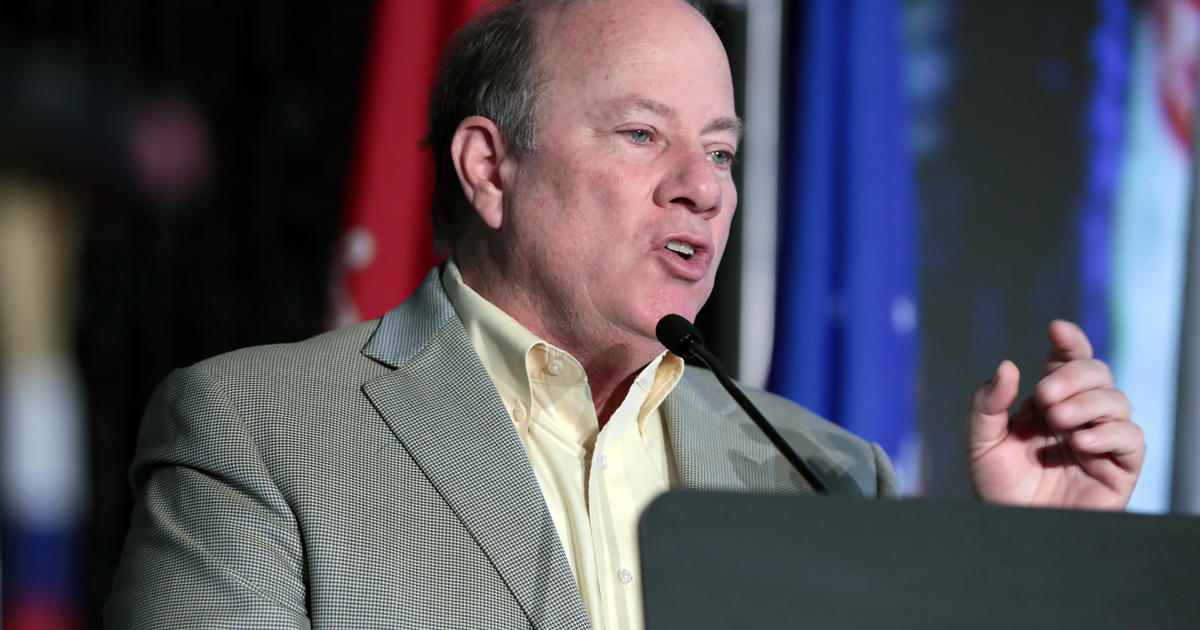Tim Kiska: Detroit's Clout -- Or Lack Of -- At The Ballot Box
By Tim Kiska
Underlying the debate about whether Detroit should have an emergency manager is a question of risk and reward. What's the risk to Governor Rick Snyder and the Republican leadership in Lansing if they appoint an all-powerful czar (or czarina) to clean house? And what's the reward?
The reward would be a Detroit with a balanced budget and an end, however temporary, to an old problem. Snyder and Lansing Republicans will face serious criticism for turning the city over to an unelected boss.
Detroiters will be forced to live hard, public employees even harder. But the electoral risks, it seems, are slim, because the biggest difficulty Detroit faces is its lack of clout at the ballot box.
And, with its declining population, that situation is likely to get worse. Let's say, just for the sake of argument, that Detroit voters revolt and wreak their vengeance on Election Day. In the political world, the vote means everything.
Politicians are nervous about messing with Social Security or Medicare because they know older voters vote. If House Speaker John Boehner seems reticent to argue with Tea Party Republicans, it's because the Tea Party got people to the polls last year. It's the only kind of math politicians understand.
So how much clout does Detroit have at the ballot box? Does the city's vote make a difference? I looked at major statewide races going back to 2000, backing Detroit out of every presidential, U.S. Senate, gubernatorial, Secretary of State and Attorney General race to see if the city vote swung any elections.
Detroit's vote changes the outcome in only four of 16 contests: George W. Bush would have taken Michigan in 2000 and 2004; Jennifer Granholm would have lost to Dick Posthumus in 2002, and U.S. Senator Debbie Stabenow would not have unseated first-term incumbent Spencer Abraham in 2000. (See Chart here)
Other than that: Rick Snyder would still be governor, Jennifer Granholm would have been re-elected in 2006, and everything would have stayed in place—even if Detroiters didn't cast a single ballot. Under normal circumstances, Detroit's vote gives a three percent edge to Democratic candidates statewide. It could mean a difference in a close 2012 presidential election.
And the city could prove decisive if U.S. Senator Debbie Stabenow if Republicans mount a sold campaign against her. But unfortunately for folks arguing against a financial manager, the numbers at the ballot box aren't inspiring fear—which is something elected officials really understand.



